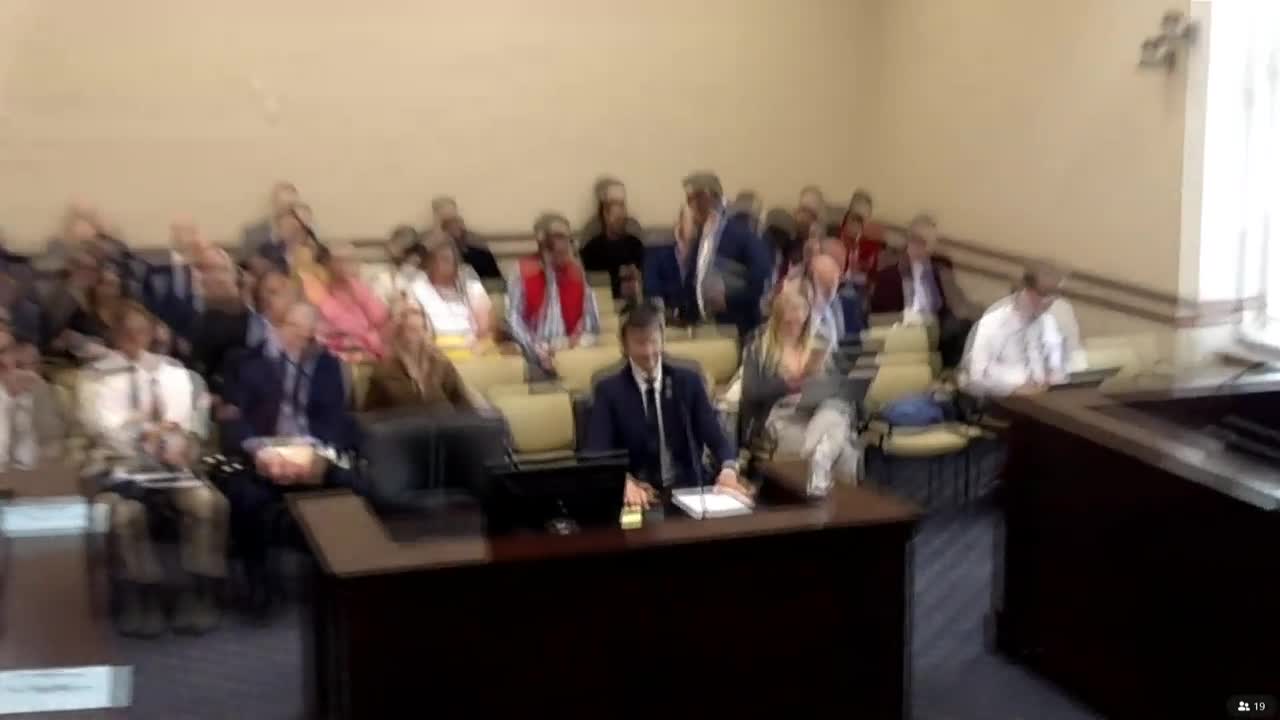Article not found
This article is no longer available. But don't worry—we've gathered other articles that discuss the same topic.
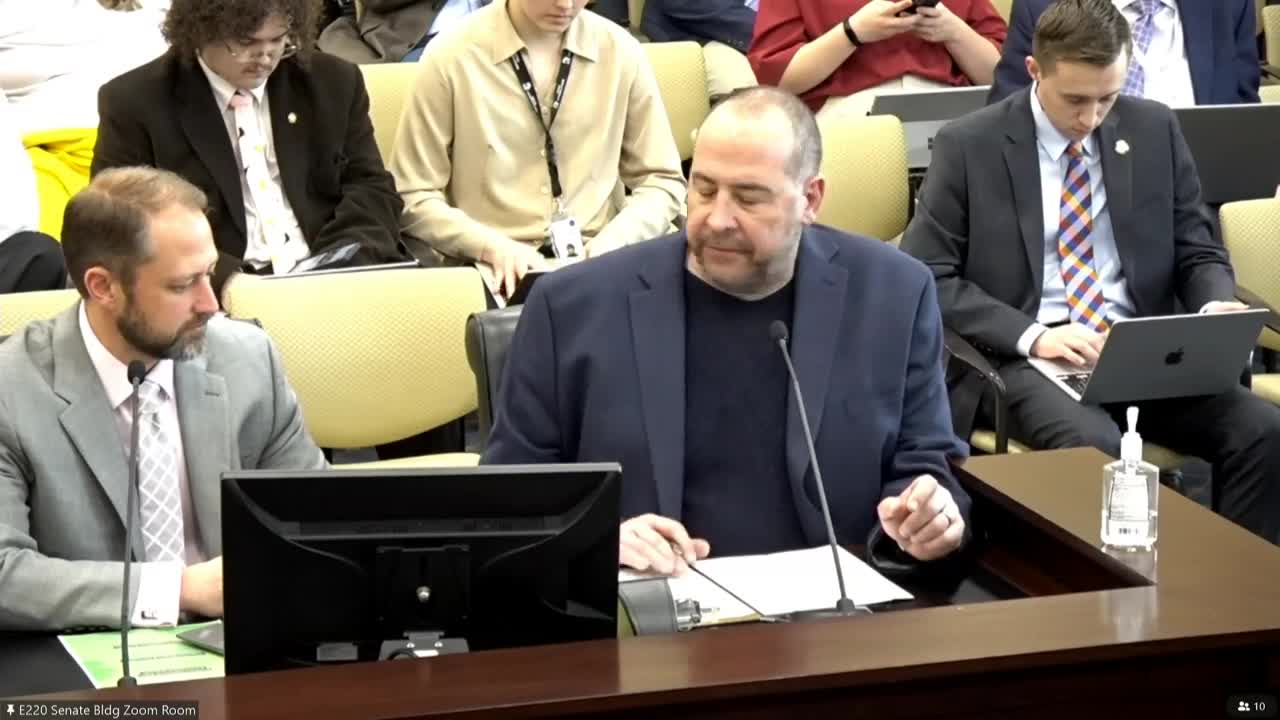
Committee recommends SB118 to allow larger venues for party caucuses and political procedures
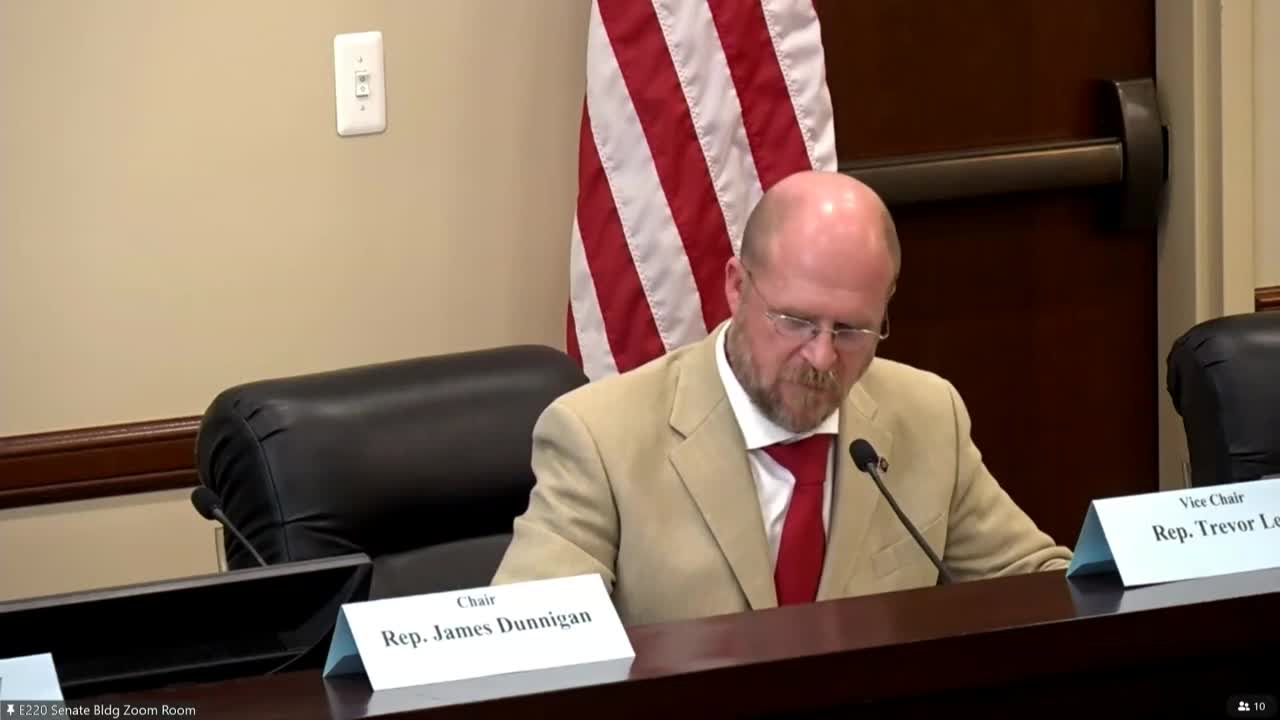
Committee approves HB103 to record and preserve local access over class D roads on state lands
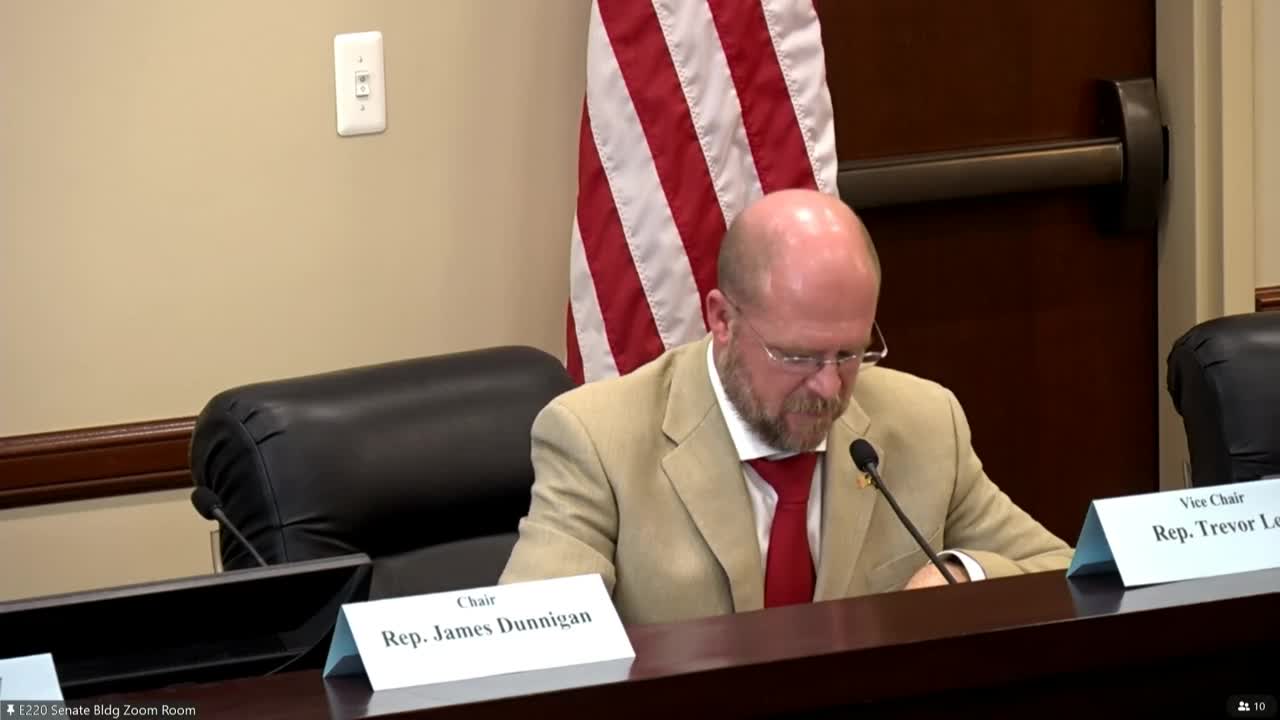
Committee narrows municipal fines for repeat housing ordinance violators, sets $5,000 cap
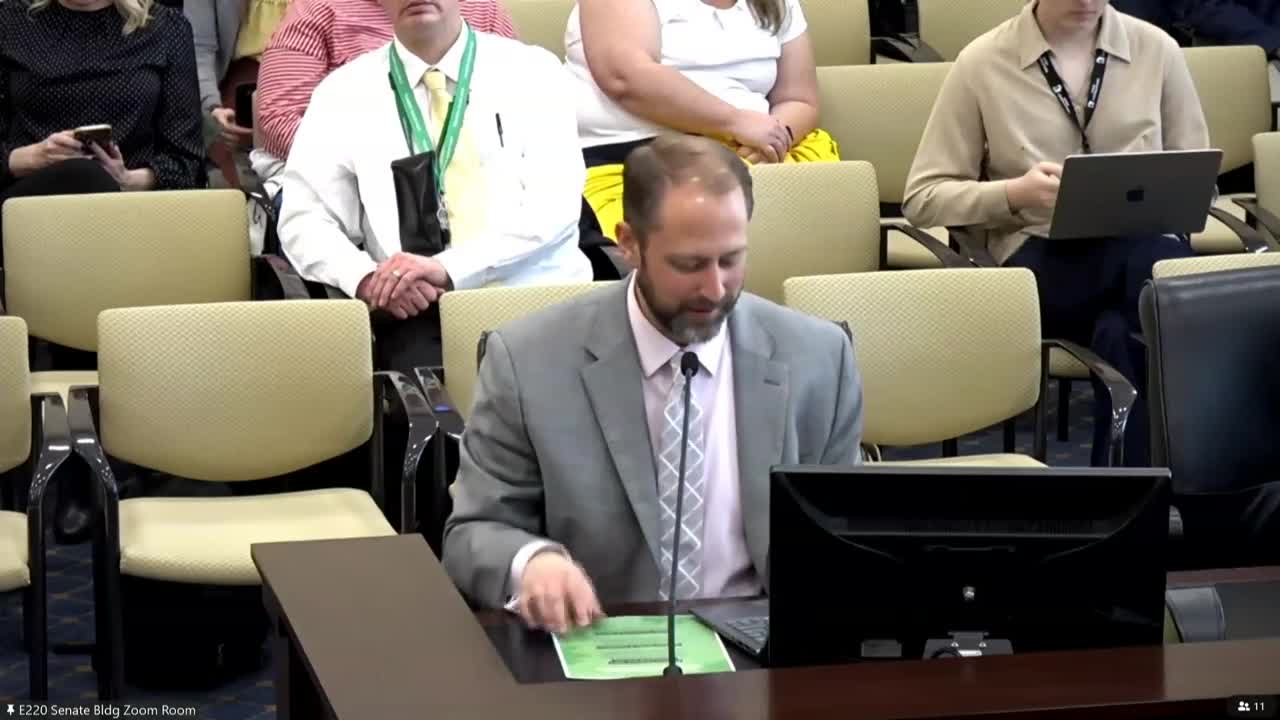
Committee advances HB327 to limit certain HOA rules and protect small‑scale gardens and safety measures
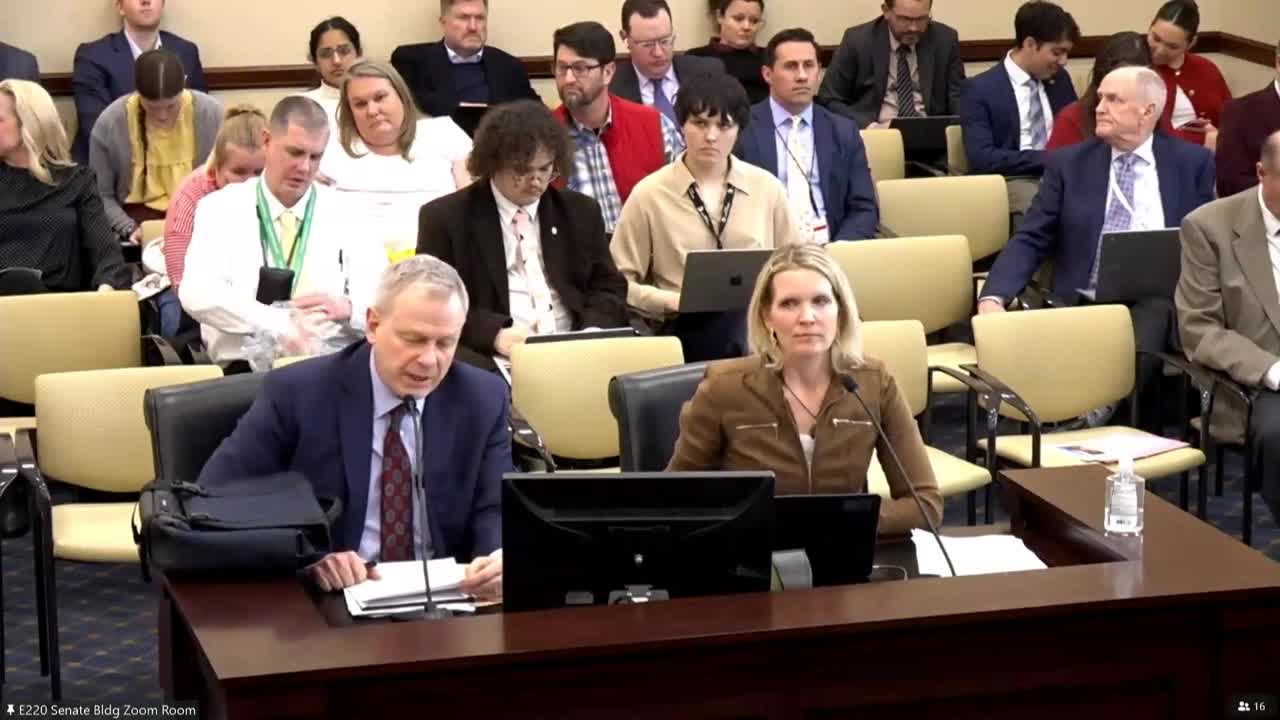
Committee backs HB328 to limit spray irrigation in new development in Great Salt Lake Basin
